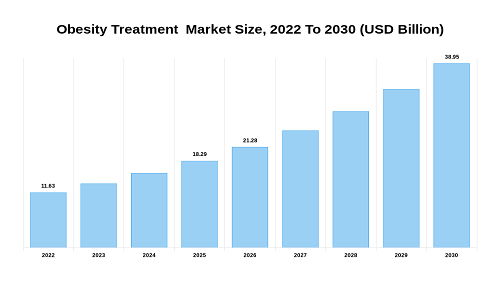Track 09: Obesity in Patients with COVID-19 : Obesity in patients with COVID-19 refers to the condition of being significantly overweight or having excessive body fat in individuals who have also contracted the COVID-19 virus. Obesity is defined by having a high body mass index (BMI), which is calculated based on a person's weight and height. When individuals with obesity contract COVID-19, they may experience more severe and complicated outcomes compared to those with lower body weights.
Track 10: Anti-Obesity Drugs : Anti-obesity drugs, also known as weight loss medications, are medications that are prescribed to help individuals lose weight and manage obesity. These drugs work through various mechanisms to assist in weight reduction by either reducing appetite, decreasing absorption of nutrients, or affecting metabolism. It's important to note that these medications are typically prescribed as part of a comprehensive weight loss plan that includes a balanced diet, increased physical activity, and behavioral changes.
Track 11: Genetics of Obesity : Genetics, contributing 40-70% to obesity risk, influence susceptibility alongside lifestyle factors like diet and activity. Specific genes affect metabolism, appetite, and fat storage. Rare mutations lead to severe early-onset obesity, while common variants collectively impact weight gain. Variations affect hormones like leptin and metabolism. Environmental changes, coupled with genes, drive obesity's rise. Precision medicine aims for personalized strategies, but lifestyle remains vital. Behavioral factors, like habits and stress management, interact with genetics. Although genetics are a part, lifestyle, environment, and health are equally important. Healthcare experts, including genetic counselors, guide holistic obesity management.
Track 12: Childhood Obesity : Childhood obesity is a concerning global health issue characterized by excess body weight in children and adolescents. It arises when energy intake from food and drinks exceeds energy expenditure through physical activity and growth. Contributing factors include unhealthy diets high in calories, sugars, and fats, coupled with reduced physical activity. Genetics, family habits, socioeconomic factors, and the obesogenic environment also play roles. Childhood obesity increases the risk of immediate health problems such as diabetes and cardiovascular issues, as well as long-term health risks like obesity in adulthood.
Track 13: Childhood Obesity Prevention : Childhood obesity prevention is vital for children's health, reducing future obesity-related risks. Strategies include balanced eating (fruits, veggies, lean proteins), portion control, physical activity promotion, limiting screen time, and setting family examples of healthy habits.
Track 14: Nutrition : Nutrition refers to the process of obtaining and consuming nutrients from food to support growth, health, and well-being. It involves the intake of various nutrients, including carbohydrates, proteins, fats, vitamins, minerals, and water, which are essential for the body's proper functioning. Good nutrition is crucial for maintaining energy levels, supporting bodily functions, preventing chronic diseases, and promoting overall health. A balanced diet that includes a variety of nutrient-rich foods, such as fruits, vegetables, whole grains, lean proteins, and healthy fats, is key to meeting nutritional needs and maintaining optimal health throughout life.



